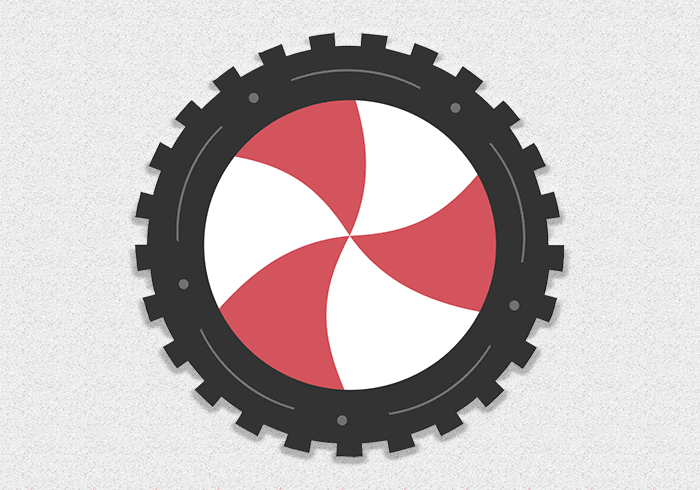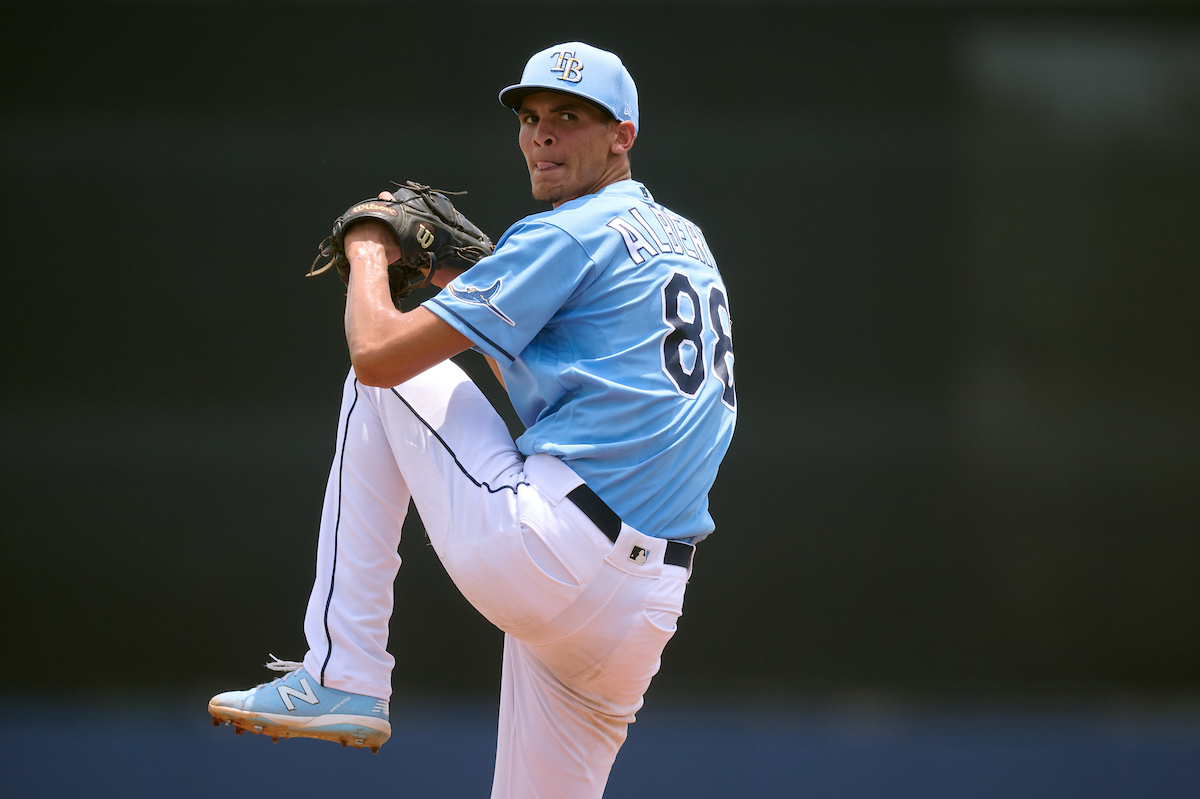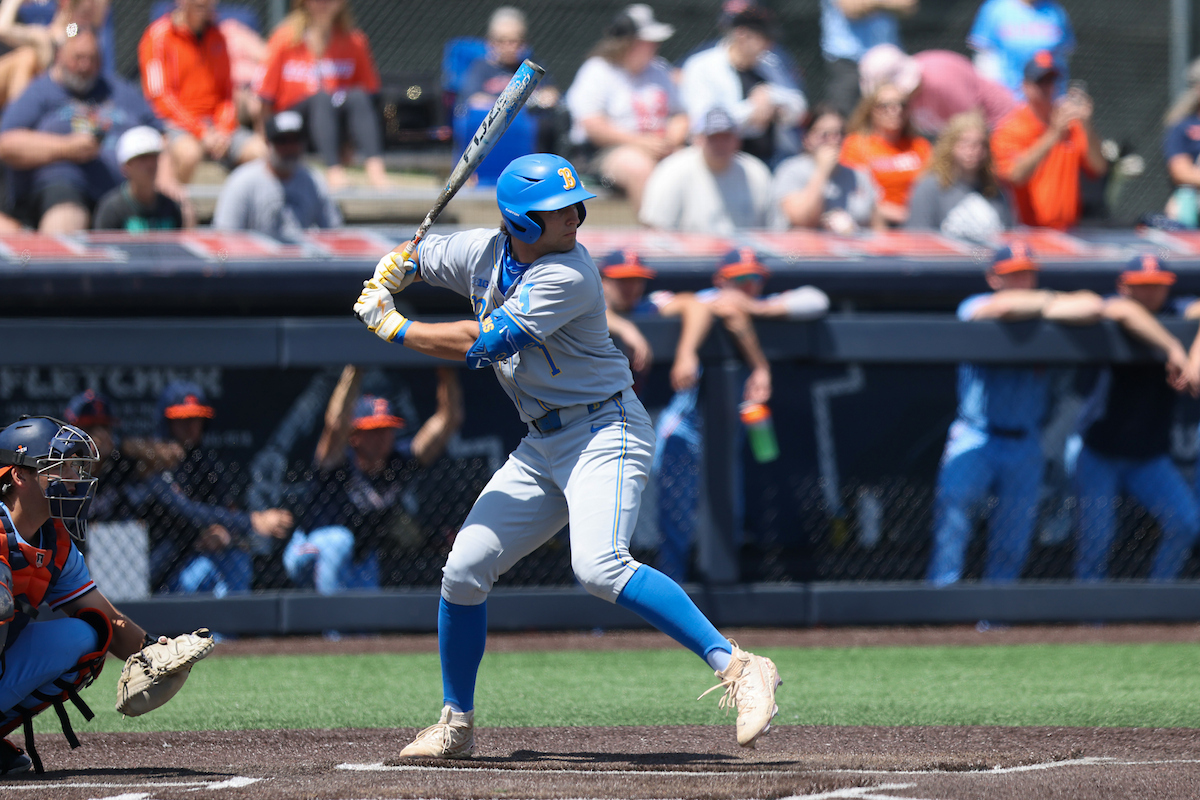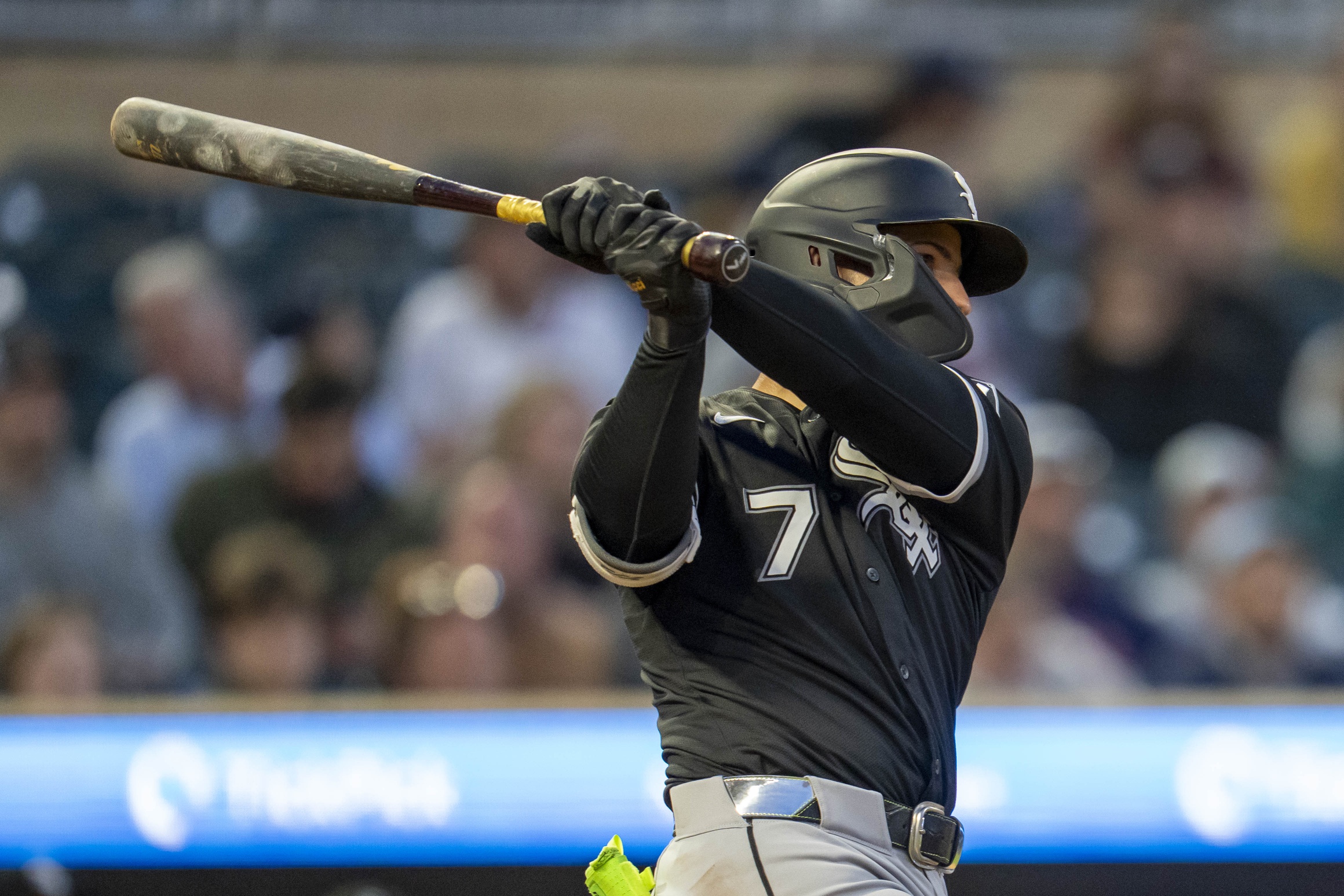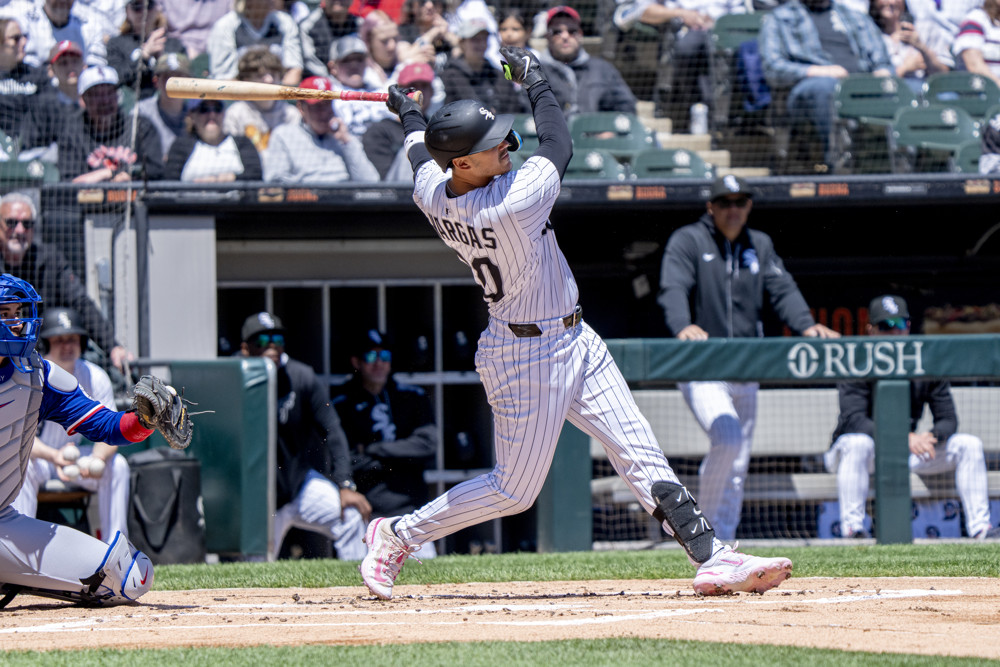"January 15" doesn't have the same cachet as "July 2," but today marks the opening of the international signing period nevertheless. The White Sox's impending deals with Yoelqui Céspedes and Norge Vera are already known, and Ben Badler at Baseball America added a few more names:
The White Sox under special assistant Marco Paddy also have typically gone after power bats, something that should continue in 2020-21. They're expected to sign Victor Quezada, a physical infielder with big raw power from the right side. Quezada has worked out at shortstop but should quickly slide over to third base, with a bonus likely around the $500,000 mark. He trains with Ray Castillo, who also had Sanchez before he signed.
Notable Venezuelan players the White Sox are expected to sign include catcher Manuel Guariman, outfielder Dario Barrero and Adrian Gil, a 5-foot-10 righthander who has touched the low-90s.
The first wave of signings is usually made official during the day, and I'll have a more thorough post covering all of that.
PERTINENT: Marco Paddy indirectly previews impending White Sox international class
* * * * * * * * *
Even after the surprise hiring of Len Kasper, the White Sox's radio crew wasn't entirely complete. They hadn't decided on a pregame and postgame host in their move to ESPN 1000, and they'd likely need a new one since the incumbents were WGN employees.
But it didn't rule out an old host from returning. Sure enough, Connor McKnight, who handled the duties during the White Sox's ill-fated run on WLS 890 AM, will be back in the role this season at the new flagship. This time, he'll get the additional role of guest broadcaster whenever Len Kasper joins the NBC Sports Chicago booth.
PERTINENT: Len Kasper wants to do this
* * * * * * * * *
Back in early December, Major League Baseball formally initiated its transition to contraction and realignment of MInor League Baseball when it invited 120 clubs to join its Professional Development Leagues.
Baseball America reports that the next step commenced earlier this week, when the 120 teams received their Professional Development Licenses. They have 30 days to sign, and J.J. Cooper says "there is a near-unanimous belief that all 120 teams invited will sign their PDLs." Those that don't within the window could see their PDL offered to a club that's currently on the outside looking in.
The good news, according to Cooper, is that while teams did have to sign non-disclosure agreements in order to advance to this stage, the terms are more palatable than they were in the initial offer sheet.
For example, a switch to six-game series in 2021, as Baseball America reported last week, will cut travel costs for teams, especially in Triple-A. Tweaks to insurance requirements, territorial rights, team sales, fees and assurances that facility standards will not be enforced for a couple of years all are adjustments that were requested by minor league operators.
Such tweaks will likely mean very little to MLB and major league teams’ bottom line, but they do give minor league teams hope they are entering the first stages of a potentially mutually beneficial relationship—albeit one with a massively unequal power structure—rather than one where MLB uses its power to the detriment of minor league teams.
If all goes according to plan, this changes nothing for the White Sox. They are the only MLB team to see zero affiliate changes in either the clubs or the hierarchy.
PERTINENT: White Sox emerge from minor league realignment with no changes proposed
* * * * * * * * *
When the White Sox rolled out the new coaching staff under Tony La Russa, most of the names were familiar, either because of holdovers or leaks. The one exception was Shelley Duncan. Even then, he wasn't entirely a stranger, because he's the son of longtime La Russa pitching coach Dave Duncan.
His role is what caught people off guard. Duncan is stepping into a new position of analytics coordinator, which hadn't been seen at the uniformed level in the majors.
James Fegan finally got a chance to connect with Duncan to talk about the role, and if you've followed the work of guys like Everett Teaford in Birmingham, you should be familiar with the idea. He serves the purpose of a guy who can translate ideas from the analytics department from the perspective of a guy who's played the game.
“Working with those guys to help them find what they need, help them try to dig for that little nugget out there that might help win a baseball game,” Duncan said. “But it’s also to be there working hands on with people, to be another coach in the cages, another person on the field to help out. To maybe talk to some people in the analytics, in the scouting side and help them give them an angle that might be needed to help deliver their message or to help give them a viewpoint to look at a problem differently that they have. It’s almost like you’re taking somebody that has on-field experience, that has experience of being in that moment, helping create a better environment for everybody.”
PERTINENT: White Sox confirm coaching staff as Tony La Russa prepares plea change
